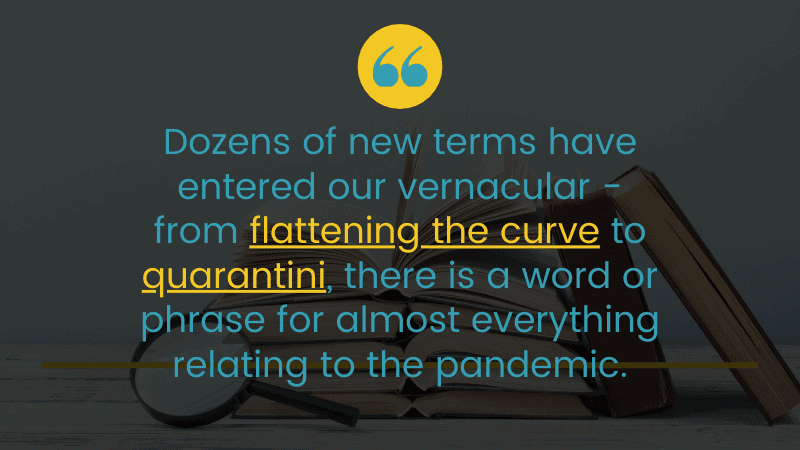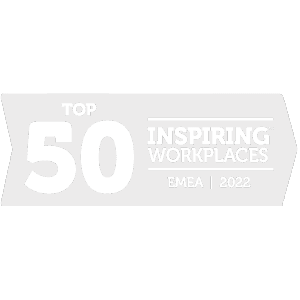As a result of Covid-19, businesses throughout the UK have had to adapt and make changes to ensure their survival. As staff are being encouraged to return to work in certain sectors, account manager Katie Nelson examines how the business world has changed during the pandemic.
Back to business – what next?
The business world was tossed into disarray as the impact of Covid-19 began to hit the UK in March. Even before lockdown began, many businesses were already changing their ways of working to minimise any risks to staff.
Dozens of new terms have entered our vernacular throughout April. From social distancing and flattening the curve to covidiot and quarantini, there is a word or phrase for almost everything related to the pandemic. One such term is that we are experiencing ‘the new normal’. But how much of our current life will be ‘normal’ after Covid-19?

A digital revolution
Eight weeks into the lockdown, it’s hard to think of many sectors that haven’t embraced digital services. We have found ourselves living between platforms like Zoom, Microsoft Teams and Skype in order to keep the face to face element of our jobs.
In recent weeks, we have been helping our clients deliver high standard webinars and virtual round tables. Because social distancing will be required for some time, it is likely that events will continue to take place digitally even after our return to the workplace. We’ll be continuing to help our clients deliver engaging events for their audiences, as well as hosting our own CC Live webisodes.
Even fitness has thrived in isolation through the use of digital channels. When lockdown started, a plethora of gyms, personal trainers and influencers went online, taking advantage of the new motivation and extra time people now have to keep fit. Whether it’s morning barre with London-based Psycle via IG TV or squeezing in a PE with Joe Wicks YouTube video, exercising at home has never been more common. Here at Cartwright, we’ve been starting our days with morning classes from Hot Pod Yoga on Zoom.

Changing or expanding services
In the weeks before lockdown, shops were in the midst of product shortages – with toilet roll and hand sanitiser being the most sought-after goods. Soon, gin distilleries and breweries were changing their production lines to produce hand sanitisers to help keep up with public demand. BrewDog even opted to give away its Punk Sanitiser rather than sell it.
This is one of the earlier examples of businesses adapting products and services in light of Covid-19. As the lockdown came into place, many more businesses have had no choice but to adapt to survive. Following a period that has forced employers to examine other ways of working, it is likely many will explore business adaptation further.
Hospitality outlets were among the first instructed to close and there is no doubt that Covid-19 will have a long-lasting impact on the industry. Responding to customer concerns about social distancing, Deliveroo and UberEats quickly introduced contact free delivery. The introduction of this service seen people continue to order deliveries, thereby helping lots of hospitality outlets to remain open in some capacity rather than having to completely close operations.
More locally to Cartwright HQ, popular vegan eatery No. Twelve has started a home delivery service. Providing fresh produce boxes is allowing the company to continue to serve customers outside its establishment.
If these are the quick adaptations that can be made during a crisis, leaders will be considering what can be done with time for careful planning and execution in the future.

Providing increased flexibility
The lockdown has been referred to as ‘the biggest work from home experiment to date’. Many employers will now understand more about their business, staff, services, products and customers during this time. Businesses have had to make allowances for staff with dependants – whether children or other relatives requiring care. Many have allowed hours to be adapted to supplement other responsibilities such as childcare, home-schooling or assisting vulnerable family members.
Flexible working is already very important to people, and this period is showing that it is possible to work productively and effectively from home. This means that it is likely that flexible arrangements will be even more important to employees in the future. We expect that businesses will respond accordingly, implementing greater flexibility for staff where practical and necessary.
The Cartwright Communications team is still – and will remain – open for business. Under current guidelines, our team continues to work remotely but is on hand to support with your PR or marketing. Get in touch with us today.





